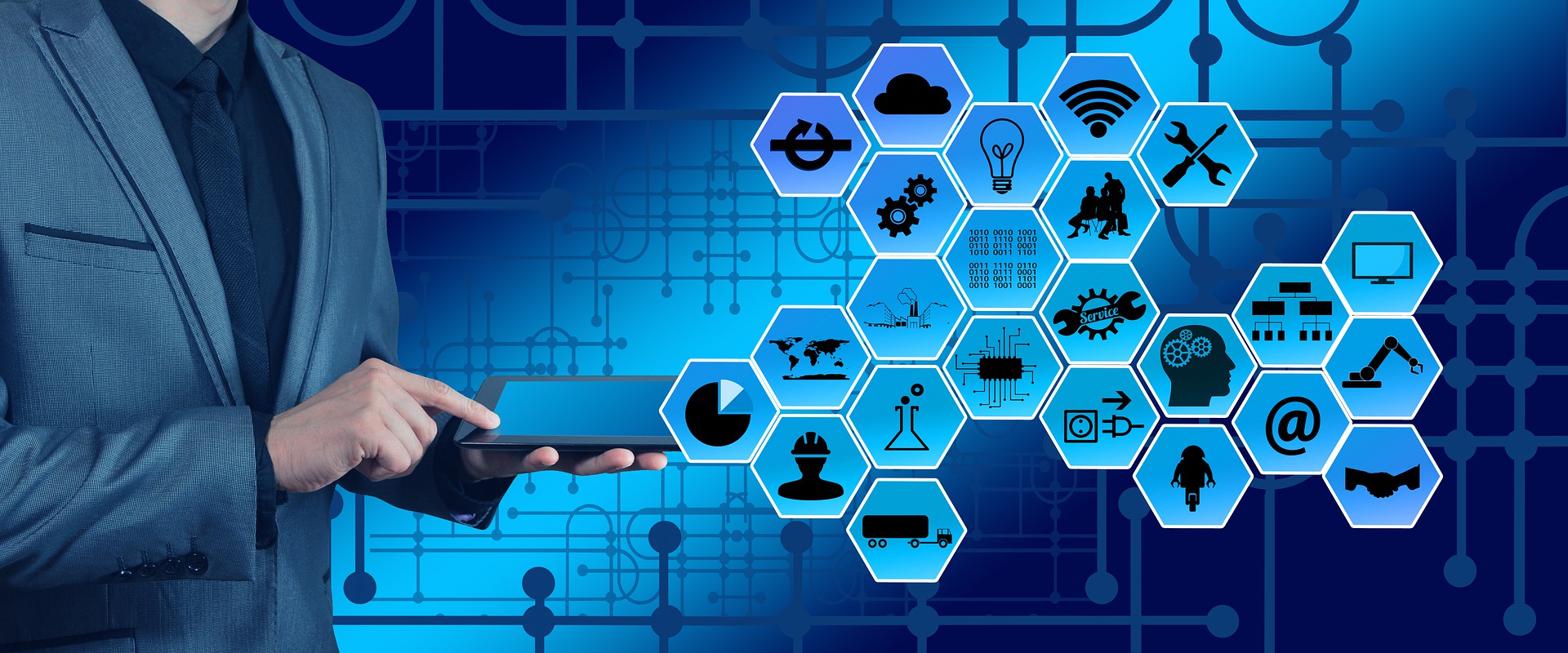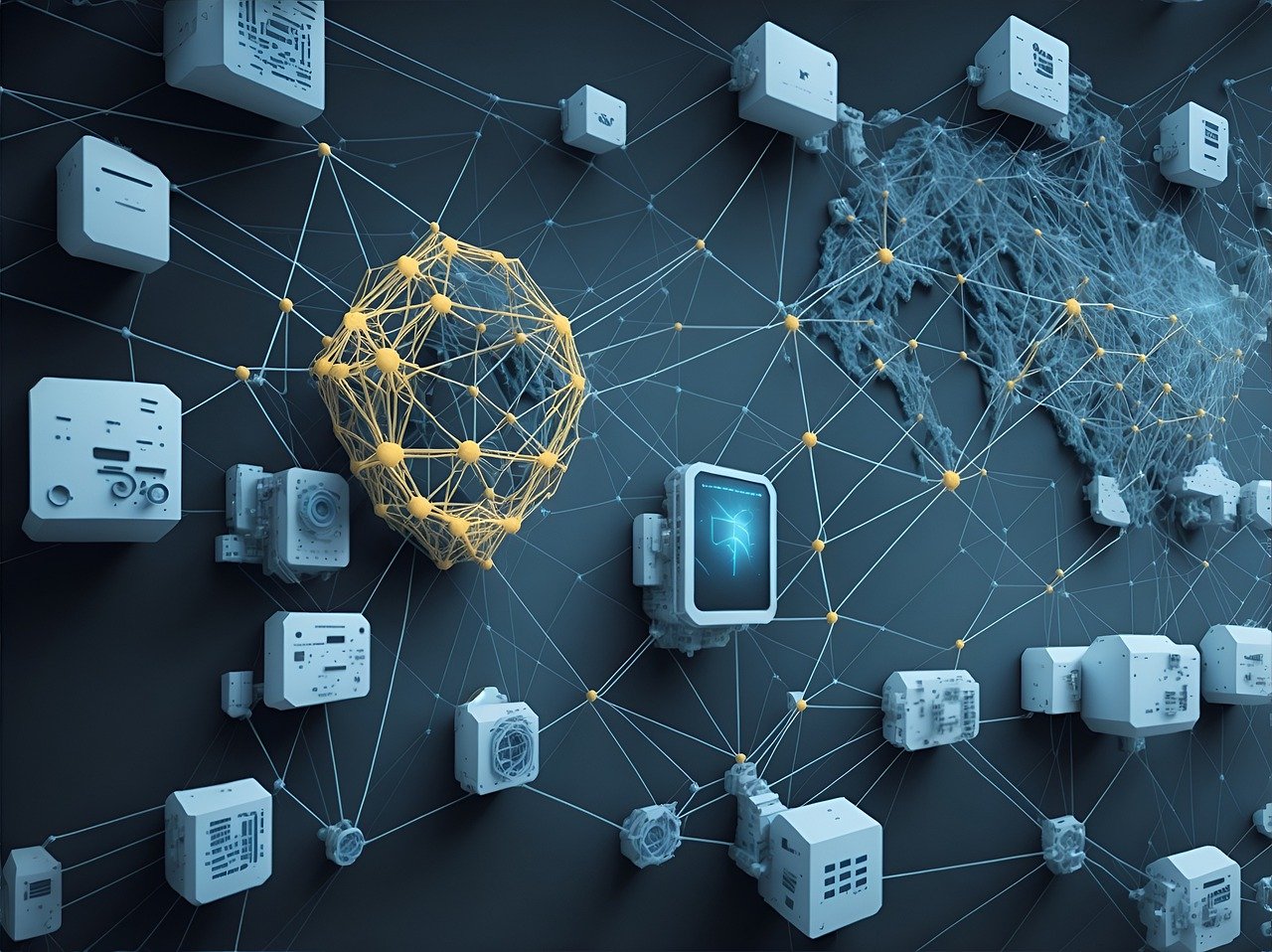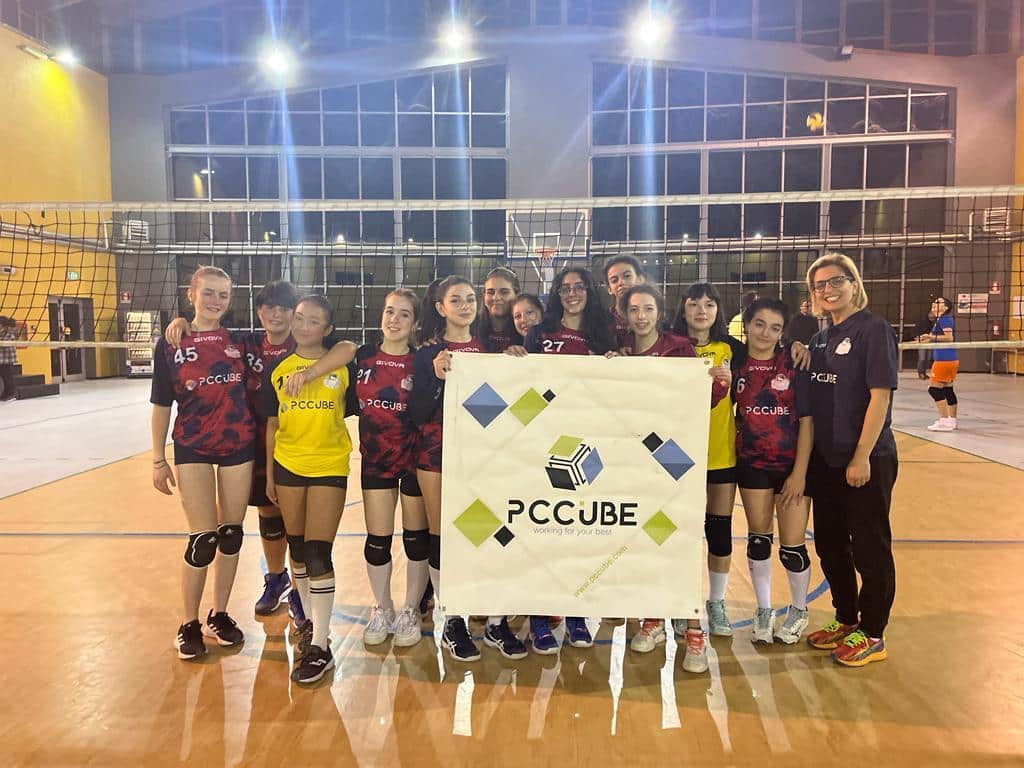
IoT developments
The IoT and its developments: an introduction
Not everyone knows that to come up with the neologism Internet of Things (with the attached acronym IoT) and all its forms, the technological path was quite long and characterized by significant events. It covers an interesting topic that allows us to understand a lot about the current and future challenges that technologies that fall within that universe will have to face. In this article, we will briefly report the salient moments and the most important considerations in this regard.
How did IoT develop?
The ancestor of the Internet of Things is RFID technology. During the Second World War, thanks to RadioFrequency IDentification, the Armies could recognize the allied planes from enemy ones. Since that event, over the years, there has been a series of progress in technological terms: advanced types of sensors, systems for coding, reading and conveying information progressively faster, more punctual and sophisticated.
The term Internet of Things originated when Kevin Ashton, director of the MIT Auto-ID Center, in 1999 introduced it in an important corporate presentation as an insight and challenge to in the near future.
Over time, increasing digitization and many other events in the global market and technological development have democratized the use of Internet of Things devices, the so-called “smart” objects.
The fundamental aspect of these developments, in line with the progress of the IoT, is the ability of information to be able to circulate in a complete and functional way to everyone.
IoT technologies: yesterday and today
The boundaries of this paradigm potentially do not exist. This is why the IoT has developed exponentially and will continue to do so. In addition to new communication technologies, much of the development is due to the evolution of communication networks, of which 5G is an example.
It is clear that the concept of the IoT considered an intelligence applied to services, rather than to “things”.
This is not a single technology, but a paradigm that includes a set of different technologies: an RFID tag, a fixed or mobile device that reads the data, a software that collects the data, processes it and draws information from it. This software, in turn, integrated into a management system.
The sectors that can benefit are many and are destined to increase, bringing the “data market” generated by IoT to reach a value of over 30 billion euros. The development of the Internet of Things is achieving increasingly satisfactory results and adopted in transversal areas. Just think of the potential of Big Data, a real “currency” in the 21st century, but also of the integration of the IoT with Artificial Intelligence (AI).The result can significantly improve business processes, consumer experiences, PAs, retail (we are talking about smart retail), daily life at home (the so-called smart home), etc.
Industry 4.0
For “Industry 4.0” (minted in 2011 in Germany) we mean a process that is part of the fourth industrial revolution, in which industrial production is an interconnected and automated system.
The development of the IoT is a process that is taking place hand in hand with Industry 4.0, resulting in a strong acceleration. In fact, digital technologies are a crucial aspect in the development of technological innovation and environmental sustainability within the market.
One of the factors that has determined its impact, worldwide, is certainly the use of data, declined in big data, open data, IoT, machine-to-machine and cloud computing. Clearly, followed by the ability to know how to derive value from the data collected, and then know how to optimize them and in order to improve the human-machine interaction.
An interesting challenge is to improve the interaction between man and machine (robot).
The IoT, as a determining factor for the development of Industry 4.0 in today’s society.Who knows what the new steps forward will be … we just have to stand by and watch.








